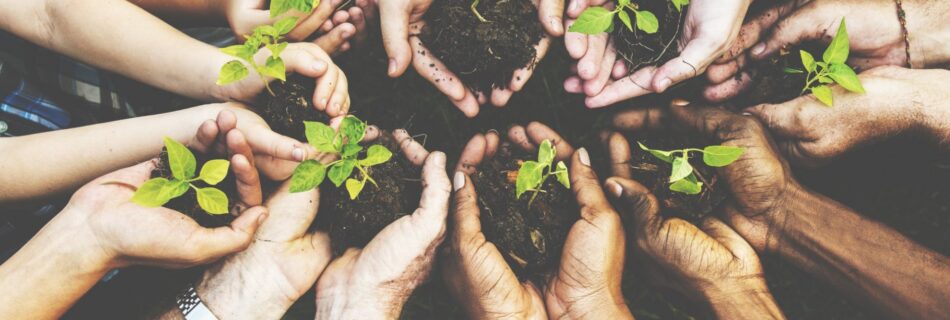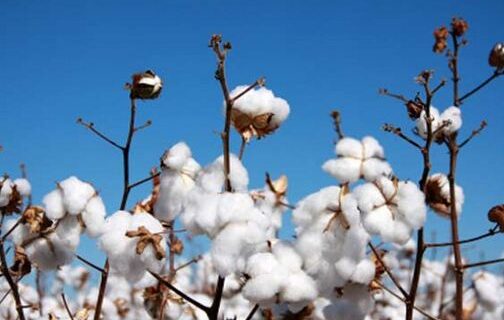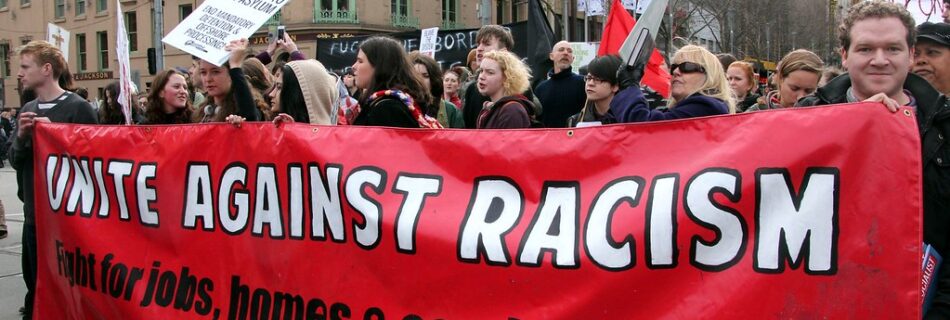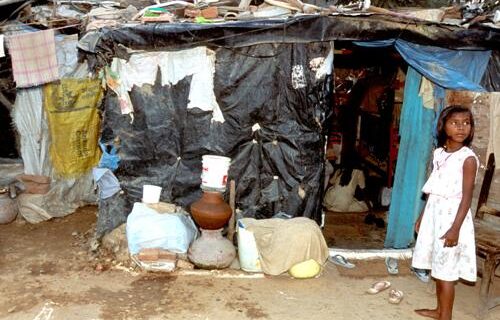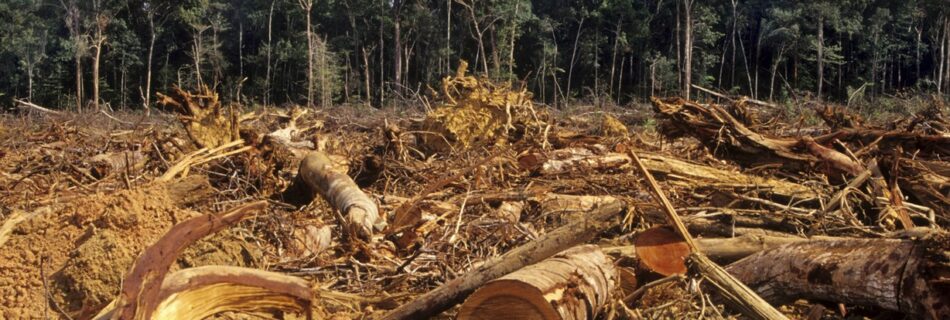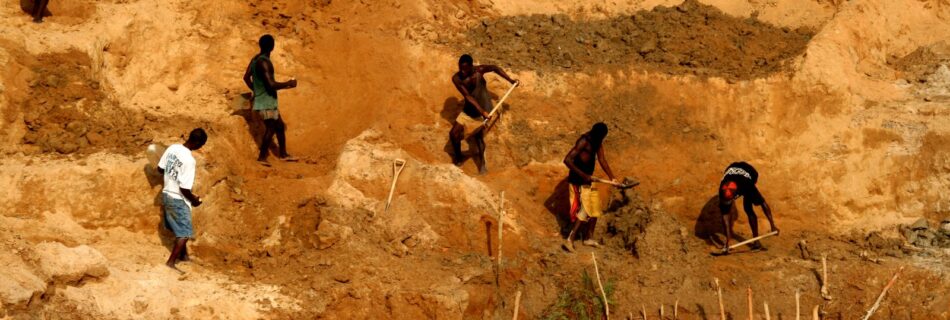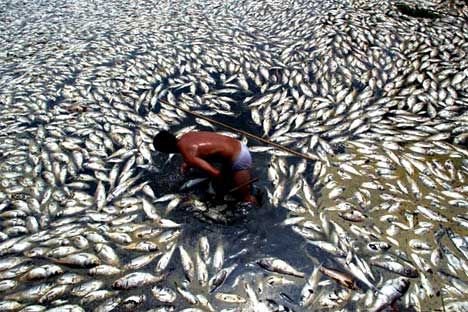Social & Environmental Responsibility Prosperity with Integrity: Transforming CSR to Benefit Business and Society Canada is increasingly seen as just another developed country compromising public health, human rights and the environment to increase profit. But this doesn’t have to be the case. Unleashing the Power of Canadian Charities Charities are essential partners in Canadian society, …
International Cooperation Since Harmony began in 1985 our priorities have included informing Canadians about the importance of international cooperation and the responsibility of a country so privileged to assist other peoples in dealing with their environmental challenges. A list of successful collaborations and projects can be found under History. At present, there are three significant …
Water Pollution in Textile Production
Water Pollution in Textile Production Typically, when we think about the relationship between water and clothes it’s about which rinse cycle to use on laundry day. Think again! Water is used extensively in the textile industry, for scrolling, bleaching and dyeing processes. Fashion has a huge hidden cost – water pollution! Non-organic cotton crops heavily …
Water Crisis
Water Crisis Water is essential to life. Access to clean water is taken for granted in many places. Yet 1.2 billion people live in areas of water scarcity and 2.1 billion people lack access to safe drinking water. One-third of the world’s large aquifer systems are in distress, some severely depleted. According to the Global …
Racism
Racism Racism is an ideology that implies the superiority of one race over others. The Government of Canada defines racism as “any individual action, or institutional practice which treats people differently because of their colour or ethnicity”. Yet race is not a biological category among humans, rather a concept created in the end of 18th …
Poverty
Poverty Poverty is the condition of living with serious lack of basic human needs – food, clothing, shelter, clean water, and the other necessities of life. “Fundamentally, poverty is a denial of choices and opportunities, it is a violation of human dignity…. It means insecurity, powerlessness and marginalization of individuals, households and communities. It means …
Healthy Food & Sustainable Agriculture
Healthy Food & Sustainable Agriculture While the world produces enough food for every person on Earth to eat well, almost a billion people live with hunger and are under-nourished. Modern industrial agriculture emphasizes commercial efficiency rather than healthy food. Commercialization of seeds reduces genetic diversity and undervalues traditional knowledge of food crops and garden plants. …
Forests
Forests Earth’s forests provide many environmental, social and economic benefits – producing O2 and absorbing CO2, conserving water and moderating weather; providing homes and food for humans and wildlife. Today, half of the world’s forests are gone, most of the loss occurring over the past 60 years. With few exceptions, forests worldwide are experiencing significant …
Extractive Industries
Extractive Industries Mining and oil and gas developments are highly profitable, but if managed poorly, they cause devastating damage to the environment and public health. Those communities nearby extraction sites suffer from erosion, soil and water contamination, and loss of biodiversity. Industrial waste harms the health of workers and local populations. A large percentage of …
Environmental Refugees
Environmental Refugees People whose homes and communities are destroyed by environmental disasters, either natural or man-made, are called environmental refugees. The world is experiencing more refugees from environmental damage than armed conflict. Decades of deforestation and poor soil management, and increased intensity and frequency of extreme weather events impact the ability of people to feed …

